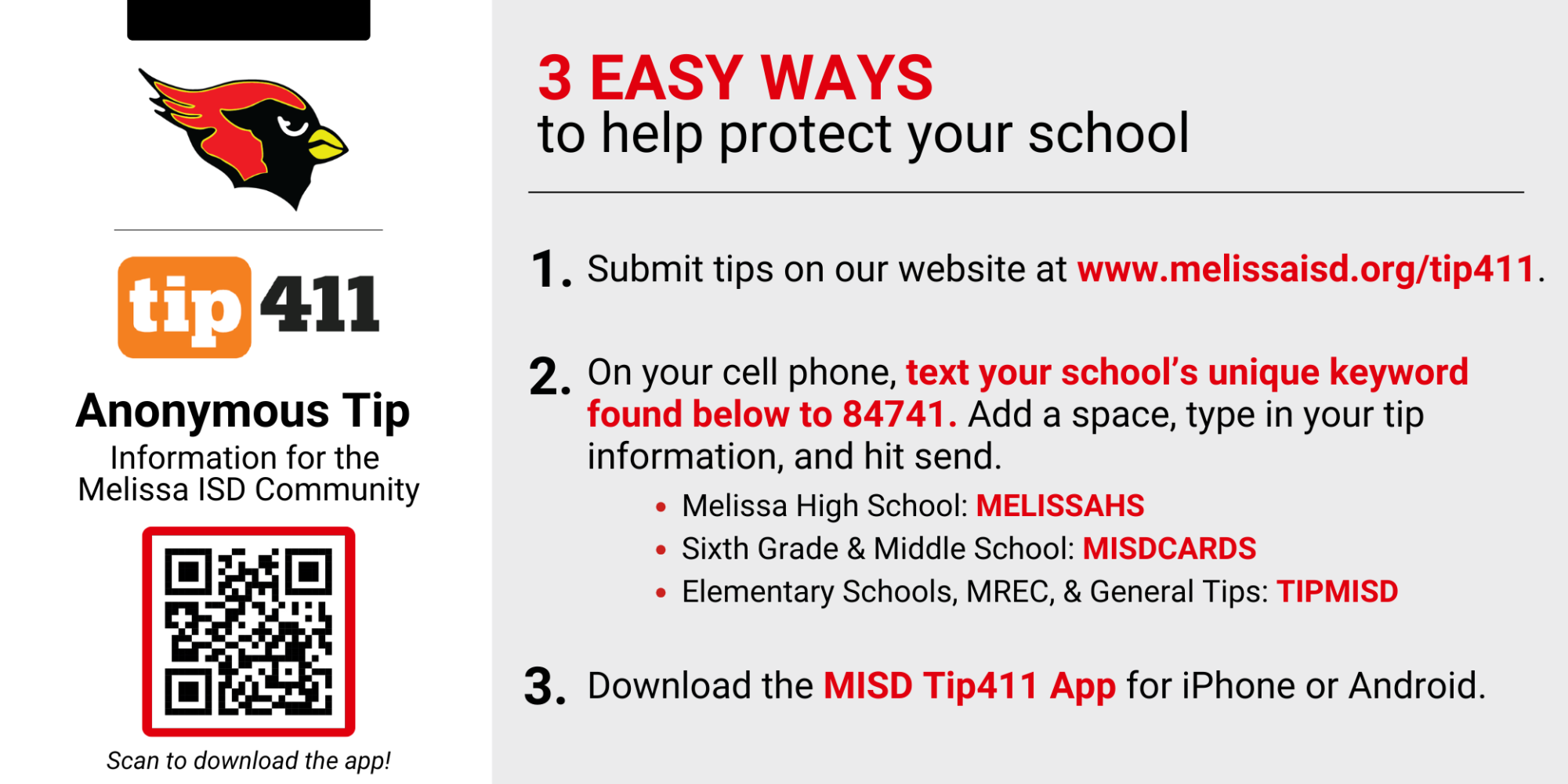[Editorial] Social media has negative impact on mental health
November 17, 2021
With teens spending an average of nine hours a day online, social media has cemented its place in our society. However, social media may be the downfall of our society as we know it.
Social media has a negative impact on the mental health and well-being of both teens and adults.
Social media apps make people insecure about their life and achievements, comparing their mundane lives to the curated content influencers publish. These influencers also live fairly mundane lives, and they upload only what they want us to see to elevate themselves from others.
In-person meetings between friends and family are less common nowadays, making people feel alone. While social media does offer a chance to connect with friends, it’s not in our favor, as the social media platforms’ only interest is in making money off users, not considering their mental well-being. Many people now feel content just talking with their friends on a video call, and see in-person contact as a waste of time. This separates people from each other.
The separation of people is further exaggerated by the way social media works at its core: the longer a person spends online, the more money the social media providers make. Users might not use the platform as much if they run into people with opposing viewpoints, so the providers further polarize users and keep people in a circle with other opinions similar to theirs.
All is not lost, however, because there are things we as the end users can do to limit these negative effects. Having gratitude for who we have around us and the time we spend with them, as well as being willing to listen to others and their opinions can allow us to fight against the negative impacts of social media.



![[Editorial] Social media has negative impact on mental health](https://cardinalconnection.net/wp-content/uploads/2021/11/4P82drb9m9y7MVMquOvdSO69I8uFTBrWSRhxi9XY-900x428.jpeg)




